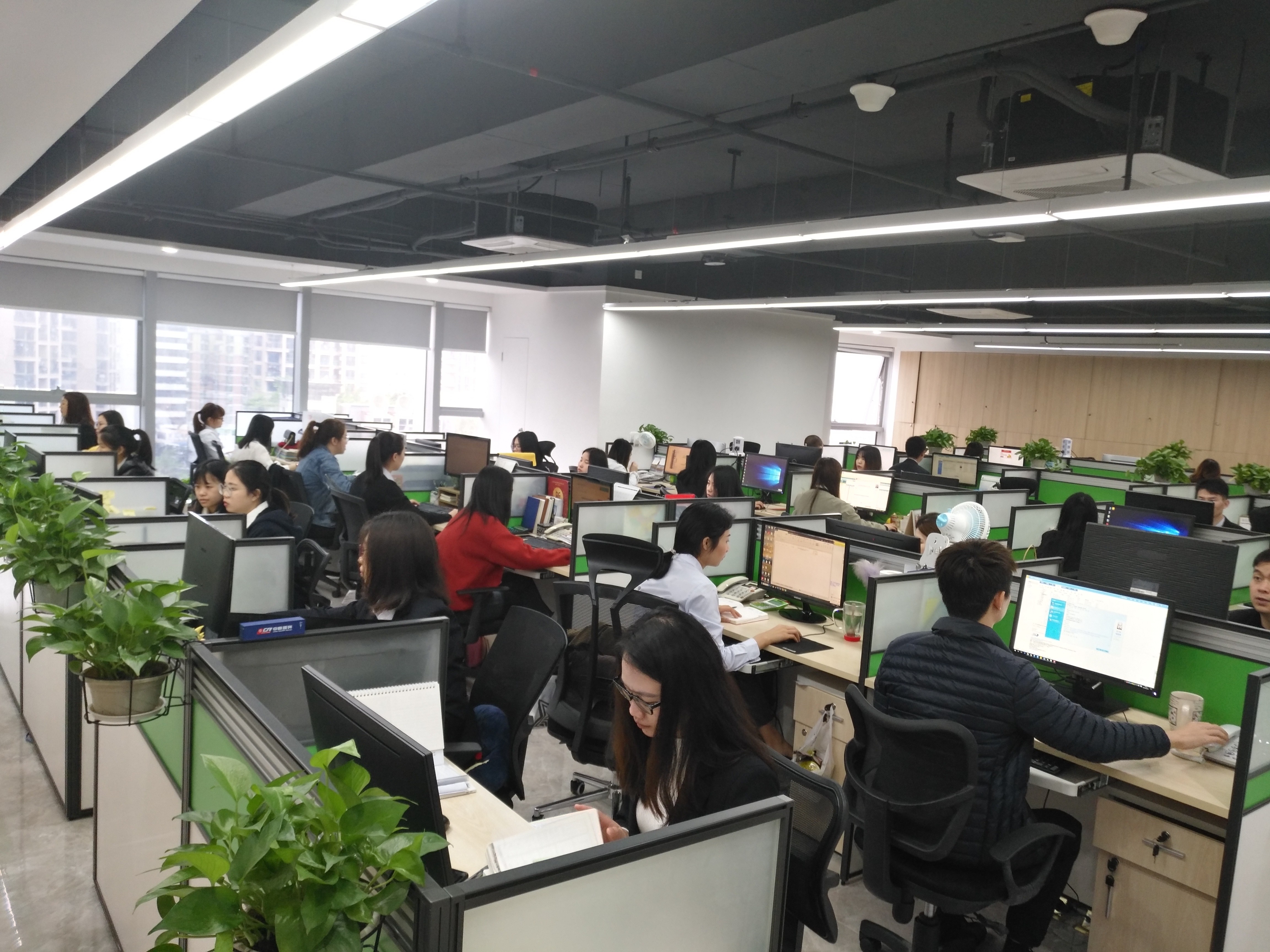The US East port will shut down for the second time
In early October, a strike at ports in the eastern United States and Gulf Coast ended after three days, an outcome that was greeted with widespread relief in the industry. Although it will take some time for congestion to clear at affected ports such as Savannah, the strike did not cause a system-wide shutdown, as was widely feared.
Shippers reacted differently to the strike. Some believe that another standoff between the union and port employers in January will not pose a huge threat, because the continuous threat of work stoppages in the United States and Canada over the past few years has made shippers tired of such issues. However, there are also concerns that the problem could flare up again and could last much longer, with a serious impact on traffic flows.
Bob Imbriani, senior vice president of international for Team Worldwide, a freight forwarder, said many of their customers aren't too worried about a second shutdown. He noted that if Donald Trump wins the upcoming US election and returns to the White House, he may be more inclined to intervene in such incidents.
Dave Minnebach, vice president of global Marine business development at AIT Global Logistics, pointed out that the annual surge in traffic associated with the Lunar New Year coincides with the potential port showdown, but most of the traffic to the U.S. East Coast does not originate in China, so it is a minor issue.
Unlike many clients, however, Team Worldwide executives see the January strike as a major concern. They are gearing up for a long confrontation over automation that could lead to a reduction in the port workforce. Employers say they intend to deal with the problem through attrition rather than layoffs, but that could leave individual workers less threatened and be a matter of life and death for unions, whose dwindling numbers will weaken their position over time.
Some shippers expect the January standoff to be longer and more chaotic. Stakeholders expect eastern and Gulf Coast ports to indeed shut down in January, and it could take longer to resume work if there is another strike.
In response to this potential risk, some shippers such as Levi Strauss and Newell Brands have taken steps to ensure the security of their incoming cargo, particularly by transporting some, if not all, water imports through the West Coast gateway.
However, Gene Seroka, executive director of the Port of Los Angeles, said he had not heard of shippers shifting imports to California in response to the October strike. Minnebach commented that some shippers are actively exploring contingency measures, such as rerouting cargo through Canadian ports. But there are risks to this approach, as ports such as Montreal could also face strikes.
Sunny Worldwide Logistics has more than 20 years of freight forwarding history,and over half of staffs working in Sunny about 5-13years.Emergency solutions must be offered with 30 minutes if any. You may not find other companies like us in Shenzhen.

Imbriani said if the East Coast and some Gulf Coast ports are abandoned, there are few options. He also noted that importers are trying to speed up shipments in order to adjust inventories before the shutdown, which has led to an early peak season for container shipping this summer. However, now is not the best time to increase inventory because everyone is busy with the peak season. Moreover, the chances of taking action are not great, as some ships spend up to 30 days on the water.